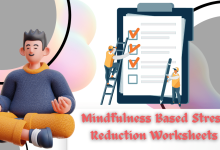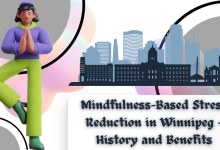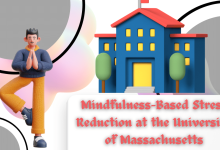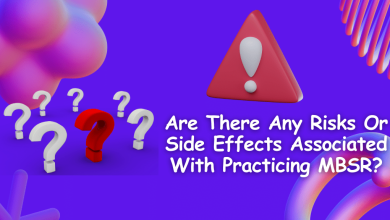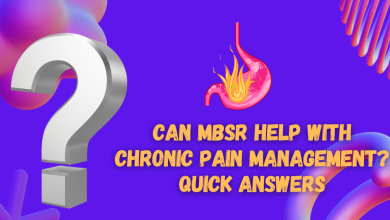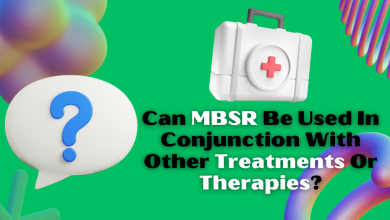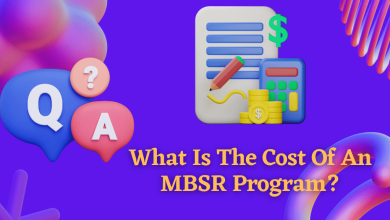What MBSR Strategies Can Help Manage Stress?
Mindfulness-Based Stress Reduction (MBSR) is a well-established evidence-based program developed by Dr. Jon Kabat-Zinn in 1979 at the University of Massachusetts Medical Center.
MBSR has proven effective in reducing stress, anxiety, depression, and other psychological and physical symptoms associated with various medical conditions.
The core of MBSR is the development of mindfulness skills, which involve cultivating present-moment awareness and non-judgmental acceptance of our thoughts, emotions, and bodily sensations.
MBSR Strategies Can Help Manage Stress
There are several MBSR strategies that can help manage stress:
1. Mindful Breathing
One of the foundational practices of MBSR is mindful breathing.
This technique involves paying attention to the sensation of the breath as it moves in and out of the body.
When we become aware of our breath, we can slow it down, which has a calming effect on the body and mind.
Mindful breathing is a helpful technique to use in any situation where we feel stressed or overwhelmed.
2. Body Scan
Another practice in MBSR is the body scan, which involves paying attention to different parts of the body, starting at the toes and working up to the top of the head.
By bringing awareness to the sensations in the body, we can release tension and stress that may be held in our muscles.
The body scan is a helpful practice for those who tend to hold stress in their body.
3. Mindful Movement
MBSR also includes mindful movement practices, such as yoga or tai chi.
These practices involve moving the body in a slow and deliberate way while paying attention to the sensations in the body.
Mindful movement can help release physical tension, improve flexibility and balance, and promote relaxation.
4. Mindful Eating
Eating mindfully is another MBSR strategy that can help manage stress.
This technique involves paying attention to the taste, texture, and smell of food, as well as the sensations in the body while eating.
By eating mindfully, we can develop a greater appreciation for our food, and avoid overeating or eating for emotional reasons.
5. Loving-kindness Meditation
MBSR also includes loving-kindness meditation, which involves sending goodwill and kindness to ourselves and others.
This practice can help us cultivate compassion and empathy, which can reduce stress and improve our relationships with others.
6. Mindful Communication
Communication is an essential aspect of our daily lives, and MBSR teaches us to communicate mindfully.
This involves paying attention to our words, tone, and body language, and being present with the person we are speaking to.
By communicating mindfully, we can improve our relationships with others and reduce conflict and stress.
7. Mindful Work
MBSR also teaches us to be mindful at work.
This involves bringing present-moment awareness and non-judgmental acceptance to our work tasks and taking breaks to practice mindfulness throughout the workday.
By practicing mindfulness at work, we can reduce stress and improve our job satisfaction.
Concluding Answer
MBSR provides a range of evidence-based strategies to help manage stress.
By developing mindfulness skills, we can cultivate greater present-moment awareness and non-judgmental acceptance of our thoughts, emotions, and bodily sensations.
Through mindful breathing, body scan, mindful movement, mindful eating, loving-kindness meditation, mindful communication, and mindful work, we can reduce stress and improve our overall well-being.
